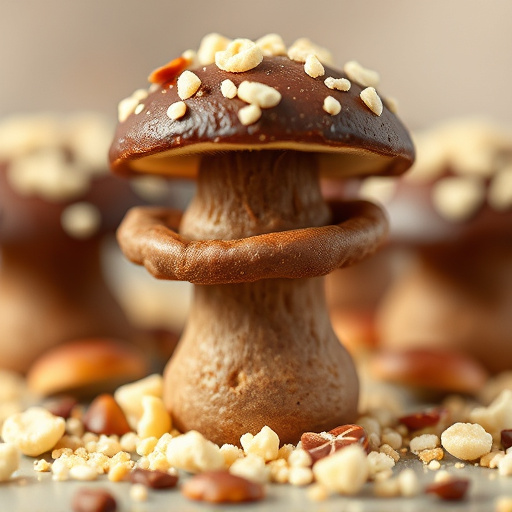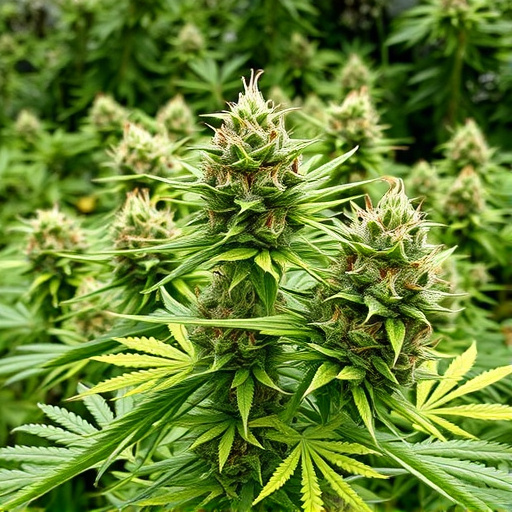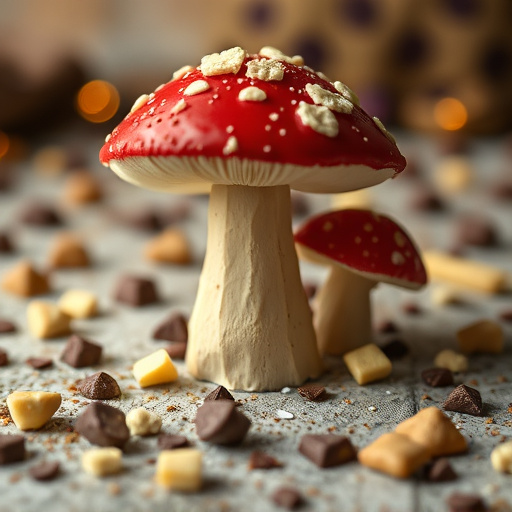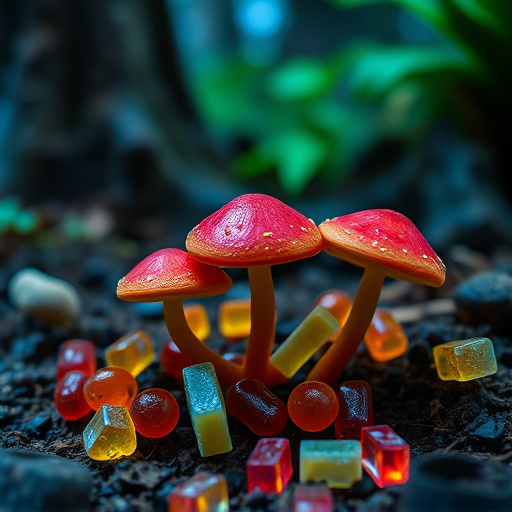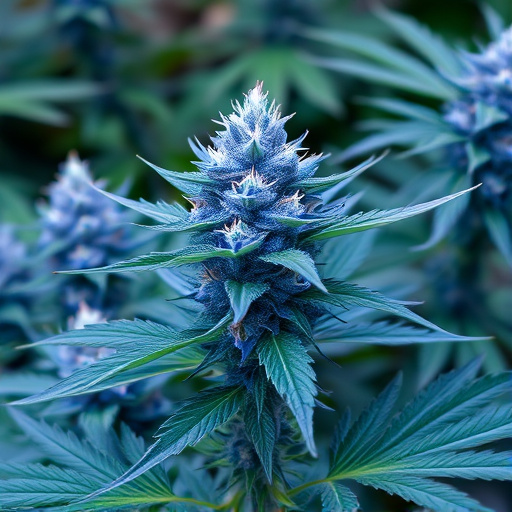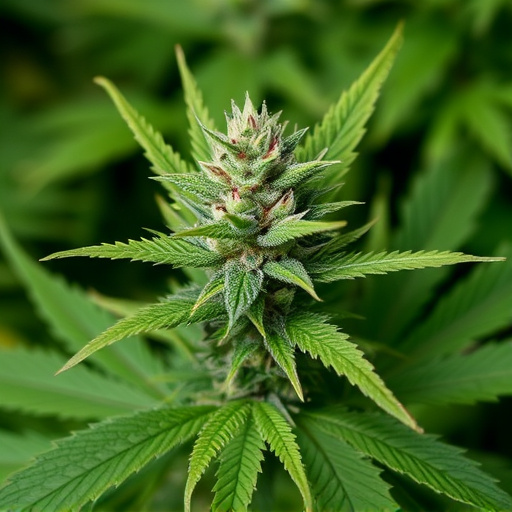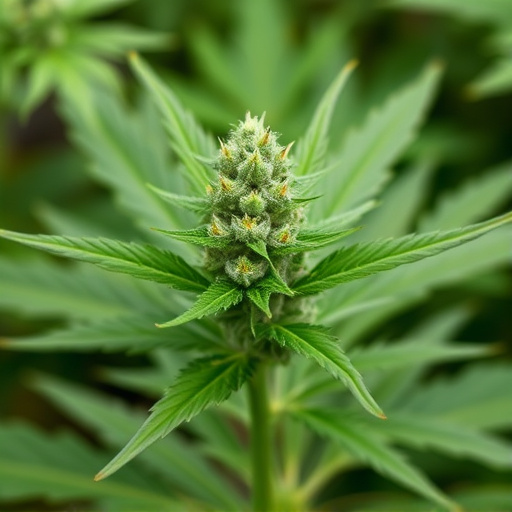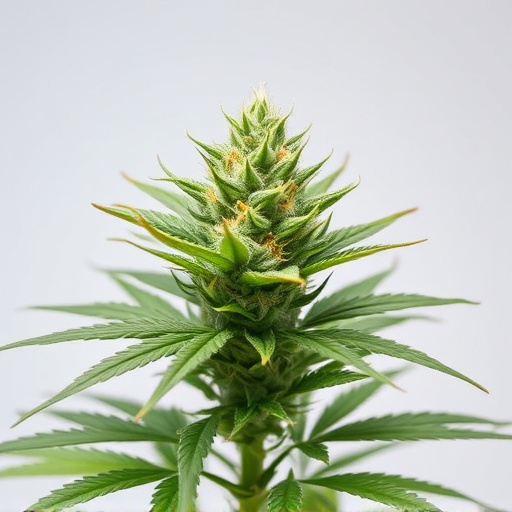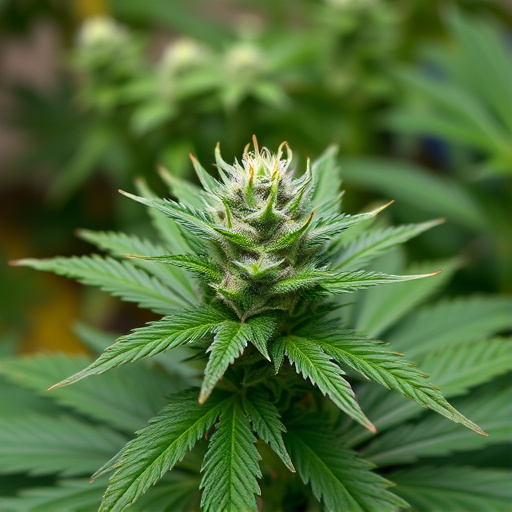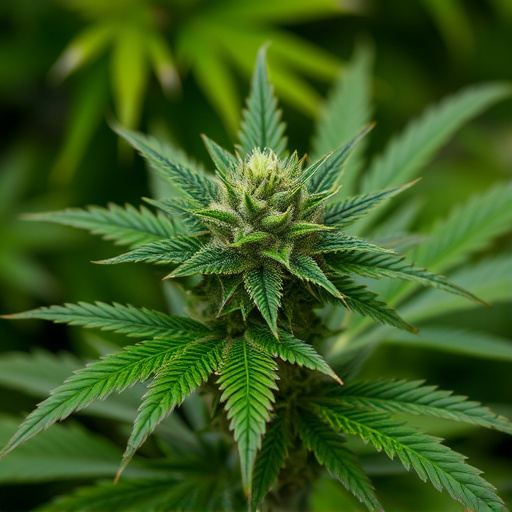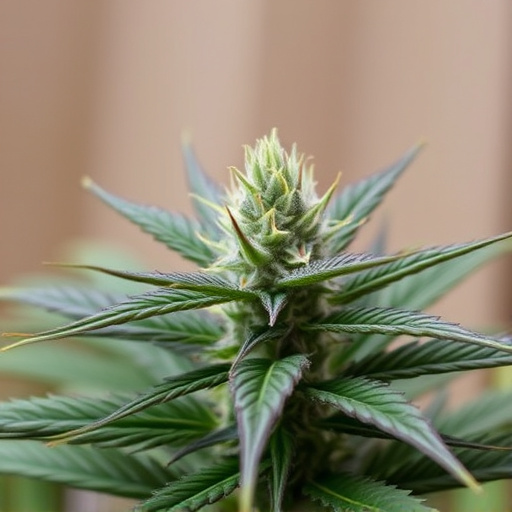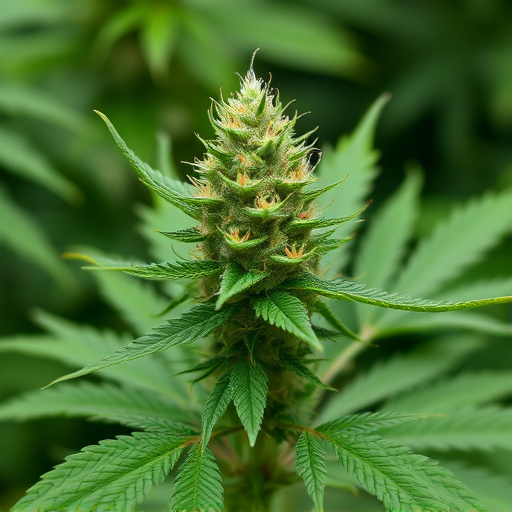Cannabis offers a promising alternative treatment for ADHD with specific strains high in CBD and low in THC, which interact with the endocannabinoid system to reduce symptoms like impulsivity and hyperactivity without intoxicating effects. Research continues to explore these therapeutic applications of cannabis for ADHD management.
Cannabis flower has gained significant attention for its potential medical benefits, especially in managing symptoms of Attention Deficit Hyperactivity Disorder (ADHD). This article delves into the science behind cannabis compounds and their effects on the body. We explore how cannabinoids interact with the endocannabinoid system to alleviate ADHD symptoms. Furthermore, we discuss specific cannabis strains known for their therapeutic properties, offering a comprehensive guide for understanding cannabis as a potential treatment option for ADHD.
- Understanding Cannabis Compounds and Their Effects
- The Role of Cannabinoids in Managing ADHD Symptoms
- Exploring Specific Cannabis Strains for ADHD Treatment
Understanding Cannabis Compounds and Their Effects

Cannabis flowers contain a diverse range of chemical compounds, with tetrahydrocannabinol (THC) and cannabidiol (CBD) being the most well-known. THC is responsible for the plant’s psychoactive effects, inducing feelings of euphoria and relaxation, making it potentially beneficial for managing stress and anxiety. However, its psychotropic properties can also cause side effects, especially in higher doses or for individuals with certain conditions like anxiety disorders or PTSD.
CBD, on the other hand, doesn’t produce a ‘high’ but has gained significant attention for its therapeutic potential. Research suggests CBD may help alleviate symptoms of ADHD by interacting with the endocannabinoid system, which plays a role in cognitive functions and impulse control. Cannabis strains high in CBD and low in THC could be particularly useful for treating ADHD-related symptoms without causing intoxicating effects. This area of study is ongoing, offering hope for alternative treatments using cannabis compounds.
The Role of Cannabinoids in Managing ADHD Symptoms
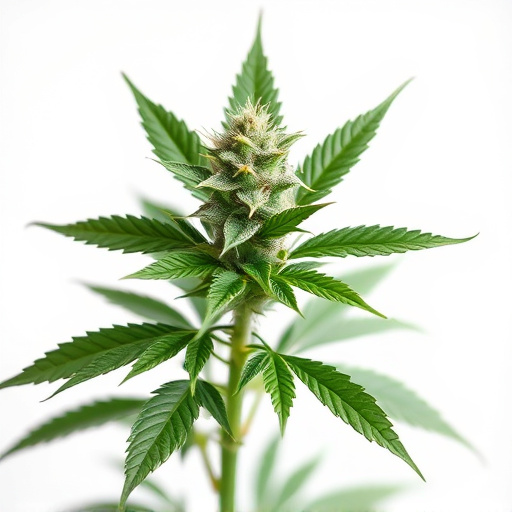
Cannabis flowers offer a potential alternative treatment option for Attention Deficit Hyperactivity Disorder (ADHD) symptoms due to their unique chemical composition, particularly the presence of cannabinoids. These compounds interact with the endocannabinoid system in the brain, which plays a significant role in regulating focus, mood, and behavior. One of the key cannabinoids in cannabis, tetrahydrocannabinol (THC), is known for its ability to enhance focus and concentration by binding to specific receptors. This can help individuals with ADHD improve their attention span and reduce impulsive behaviors.
Certain cannabis strains for ADHD are renowned for their high THC content or specific cannabinoid profiles tailored to manage symptoms. Some studies suggest that balanced combinations of THC and cannabidiol (CBD) may provide the most beneficial effects, offering a more stable mood regulation and improved cognitive function without the overwhelming psychoactive effects associated with pure THC. This holistic approach leverages the diverse compounds found in cannabis flowers to create a safe and potentially effective treatment for ADHD management.
Exploring Specific Cannabis Strains for ADHD Treatment
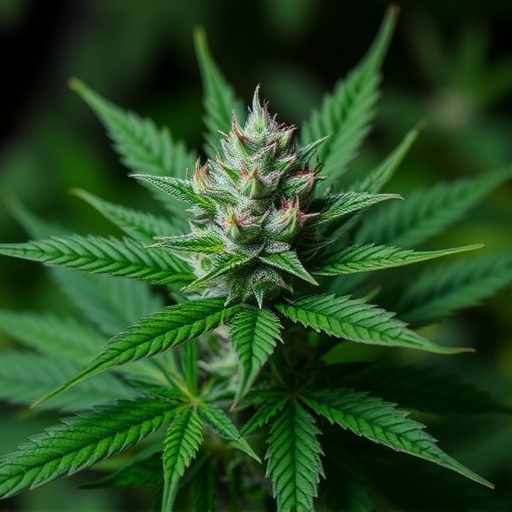
Cannabis has gained attention as a potential treatment option for various medical conditions, including Attention-Deficit/Hyperactivity Disorder (ADHD). When it comes to ADHD, specific cannabis strains are being explored for their therapeutic effects. Different strains of cannabis contain varying levels of cannabinoids, such as THC and CBD, which interact with the body’s endocannabinoid system. This system plays a crucial role in regulating mood, memory, and attention.
For individuals with ADHD, certain cannabis strains known for their high CBD content have shown promise. CBD is non-psychoactive, meaning it doesn’t induce a ‘high,’ but it can modulate the effects of THC and other cannabinoids. Studies suggest that CBD may help reduce symptoms like impulsivity, hyperactivity, and restlessness associated with ADHD. Strains like Granddaddy Purple or Charlotte’s Web are examples known for their high CBD content, offering a potential natural approach to managing ADHD symptoms while minimizing psychoactive side effects.
Cannabis flowers offer promising medical benefits, especially for individuals with Attention Deficit Hyperactivity Disorder (ADHD). Through a combination of cannabinoids and other compounds, specific cannabis strains can help manage ADHD symptoms. Further research is needed to explore the full potential of these natural remedies, but initial findings suggest that certain cannabis strains could provide an effective alternative or adjunct treatment option. When considering cannabis for ADHD, it’s crucial to consult healthcare professionals and choose suitable strains based on individual needs and preferences.

